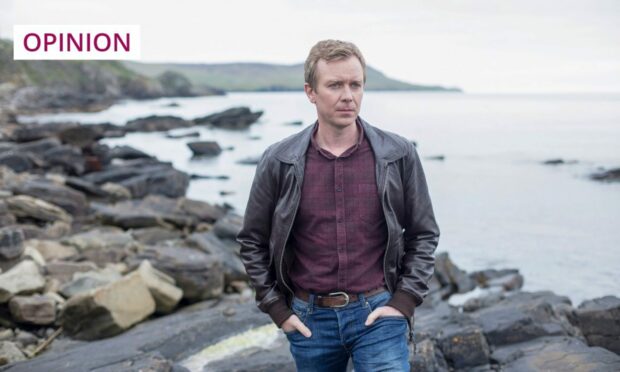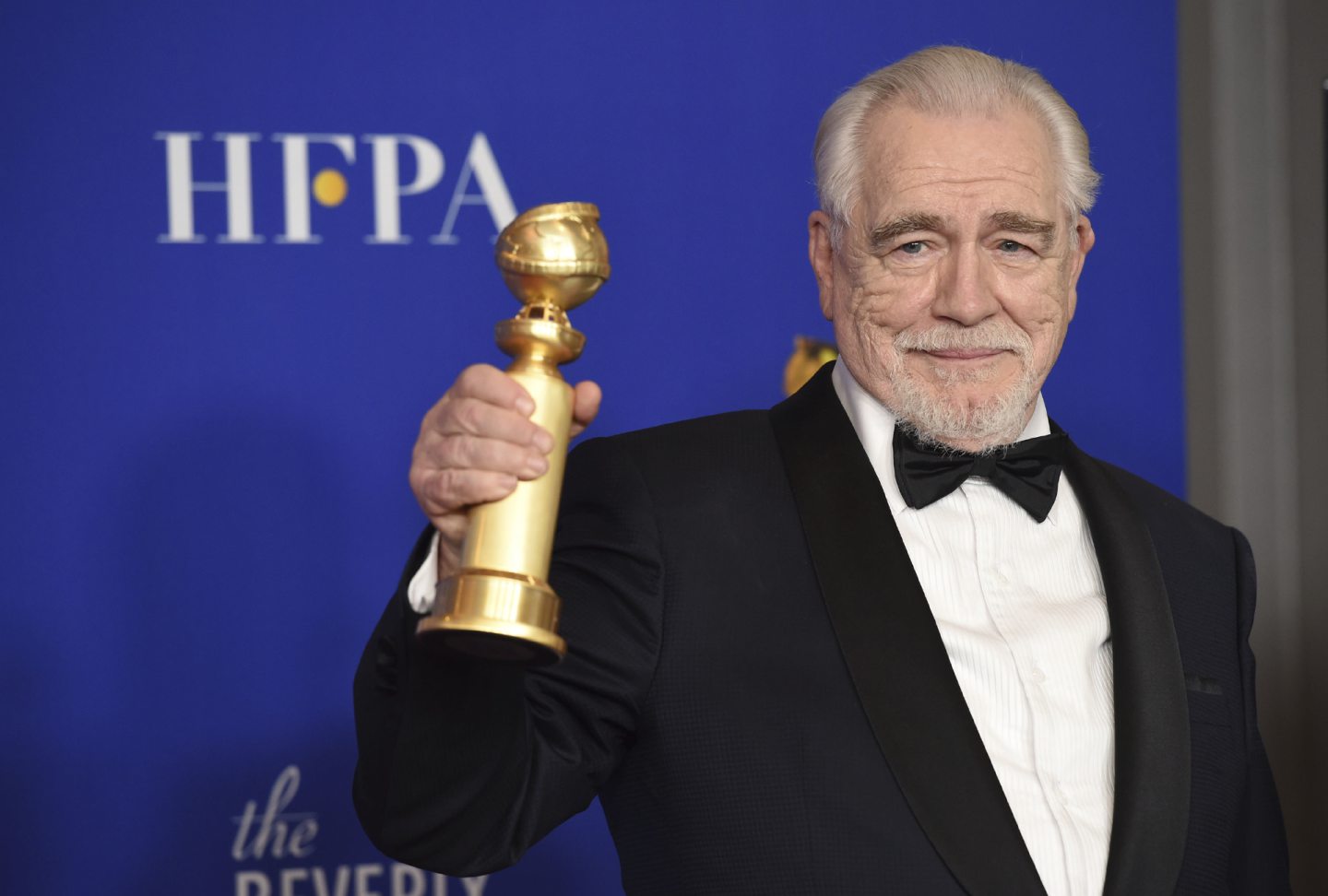As the Shetland TV show welcomes a new lead, creators should seize this opportunity to finally represent the local dialect, writes Shetlander Chloe Irvine.
The Shetland TV series first hit our screens almost a decade ago, with gripping storylines of criminal activities on the isles, solved by detective Jimmy Perez, played by Glaswegian actor Douglas Henshall.
However, the programme has been missing one key element: the Shetland dialect.
Apart from Shetlander Steven Robertson, who plays detective Sandy Wilson, there’s been a lack of representation of the way we speak.

Since many people are unfamiliar with our dialect, this has led to confusion. I’ve seen many comments from fans who think Sandy’s speech is “inaccurate” when, in fact, he’s the only one who speaks Shetland.
After Mr Henshall departed from the series, it was announced he’d be replaced by Ashley Jensen, an actress from Dumfriesshire. As we approach 10 years of Shetland on our screens, I’d like to see Jensen take the time to adopt our dialect and use it in her role.
Show perpetuates myth there’s something wrong with Shetland dialect
Shetland is over 400 miles away from both Glasgow and Dumfriesshire, and geographically closer to Norway, which used to own the isles. Their language still influences our dialect.
With that in mind, it doesn’t make sense to dismiss this aspect of the Shetland identity.
I am a Shetlander from the island of Whalsay, which undoubtedly has the strongest dialect. My parents’ generation weren’t allowed to speak in their native tongue at school. Many of our place names have been anglicised, with Shetlanders knowing the true names while the signage says otherwise.
Three years ago, while I was travelling on a train from Inverness to Edinburgh, I decided to phone my mum.
While I was having a private conversation, a fellow passenger leaned close to the man sitting next to her and asked: “What kind of an accent is that?” The tone in her voice wasn’t one of curiosity, but disgust.
Leaving our dialect out of the Shetland series perpetuates the myth that there’s something wrong with the way we talk and, therefore, it must be altered to suit others.
Actors are capable and willing to learn
When I went to university, the majority of those I met had never heard someone who sounded like me. There were misconceptions that I spoke Gaelic, a language Shetland has never used.
This isn’t their fault, of course – it’s due to a lack of education on the matter, and the deprivation of a variety of Scottish voices being broadcast on television and radio.
Brian Cox claimed he was forced to revoice his part after being told his accent was ‘too strong for the average audience to understand’
The Shetland series could have used its mainstream platform on BBC One to change that, but, instead, it seems to have prioritised commerciality over authenticity.
Beloved Dundee actor Brian Cox CBE appeared on the programme in 2014. He told The Herald that he’d “conquered the Shetland accent” and “learned some old Shetland words”.
However, Mr Cox then claimed he was forced to revoice his part after being told his accent was “too strong for the average audience to understand”.
This proves actors are capable and willing to learn to speak Shetland, but, at the last hurdle, they are prevented from doing so.
Would it be accepted if every character appearing in a Glasgow or Dundee-based series spoke with an English accent? No – it would be deemed utterly bizarre.
Actors frequently use dialect coaches so they can speak like the real people their character is supposed to reflect. Whether this endeavour is always a success is debatable, but at least an attempt is made.
Why should it be any different for Shetland?
Scotland has a variety of accents, dialects and languages
An argument often thrown around is that the Shetland dialect is “too difficult” to understand – but subtitles have existed for a long time.
The BBC was happy to broadcast Norwegian crime thriller series Twin with English subtitles, so, why can’t it do the same for the Shetland series?
I’m certainly aware of a variety of English accents: Cockney, Scouse, Mancunian and Geordie, to name a few.
Just like England, Scotland has a variety of different accents, dialects and languages. It’s time they were accurately brought to the forefront, instead of one voice speaking for us all.
Chloe Irvine is a live news journalist for The Press & Journal and Evening Express



Conversation